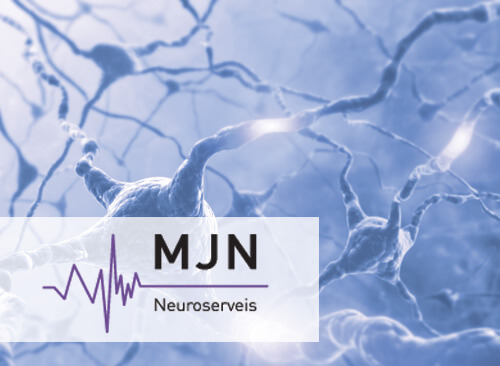➢ Company builds integrated AI and wet lab technologies to design developable, selective, and functionally active protein drugs against multipass membrane protein targets
➢ Radical Ventures leads new investment in Nabla Bio as company secures strategic pharmaceutical collaborations worth more than $550M total
CAMBRIDGE, Mass.–(BUSINESS WIRE)–Nabla Bio (aka “Nabla”), pioneers in generative protein design, today announced the close of a $26 million Series A financing, led by Radical Ventures with participation from all existing investors, and strategic collaborations with AstraZeneca, Bristol Myers Squibb Company and Takeda, worth more than $550 million in upfront and milestone payments, plus royalties.
Nabla develops integrated AI and wet-lab technologies that enable atomically precise drug design and high-throughput measurement of drug function, with an initial focus on antibodies targeting multipass membrane proteins, including for example, G protein-coupled receptors (GPCRs), ion channels, and transporters.
“We are unlocking new opportunities to build highly selective drugs against validated, but hard-to-drug targets with a degree of structural precision not previously possible,” said Nabla Co-Founder and CEO Surge Biswas. “We are excited to welcome Radical Ventures as our newest investor and to announce collaborations with three of the world’s largest pharmaceutical companies to help us bring our work closer to patients.”
Today, nearly all approved protein drugs are focused on soluble, extracellular targets, for which traditional brute force drug discovery technologies can yield antibodies with comparative ease. On the other hand, multipass membrane proteins are far more challenging to drug, due to their membrane-integrated nature, limited extracellular availability, conformational dynamics, and structural similarity across targets.
Given multipass membrane targets comprise two-thirds of all cell surface proteins and their central and varied involvement in controlling cell behavior, these targets have long been the “holy grail” of protein drug development. Nabla’s generative protein design platform is unlocking hundreds of these previously inaccessible targets by enabling the precise design of conformation- and target-selective antibody binders.
“With the technologies we’re developing, we could double the number of disease-relevant drug targets the industry goes after,” said Nabla Co-Founder Frances Anastassacos. “That’s an untapped therapeutic opportunity and why several leading pharmaceutical companies have collaborated with us.”
“We’re excited to be working with Nabla and using their generative antibody design and high throughput screening capabilities with the aim to design new drug candidates against challenging targets,” said Puja Sapra, Senior Vice President of Biologics Engineering and Oncology Targeted Delivery, AstraZeneca.
To maximize the patient impact of its platform, Nabla collaborates with leading pharmaceutical companies with a track record of successful drug development to expand their pipelines with high-quality drug candidates against some of the most challenging, high-impact targets. These collaborations also offer valuable insights into disease biology and platform development while offsetting a significant portion of R&D expense, enabling Nabla to grow quickly and sustainably.
Across its collaborations, Nabla has demonstrated the broad applicability of its platform, beyond drug design for multipass membrane proteins. This includes, for example, the design of novel cytokines, complex multi-domain antibodies, and receptor traps with greater in vitro activity and developability than leading drugs on the market. These results are an important step in translating generative protein design to clinical therapies and evidence of Nabla’s expanding capabilities.
“Generative AI and large language models are poised to master the language of proteins in the same way that they have mastered natural language in recent years, with profound implications for medicine,” said Radical Ventures Partner Rob Toews. “The world-class team at Nabla Bio helped pioneer this field. Their groundbreaking work on multipass membrane protein targets offers to revolutionize antibody therapeutics and has won them major commercial partnerships with several of the world’s largest pharmaceutical companies. We are thrilled to lead Nabla’s Series A.”
Nabla Bio launched in December 2021 with funding from Khosla Ventures and Zetta Venture Partners, to apply cutting-edge generative models to the design of protein-based therapies. The company builds on co-founder Surge Biswas’ work on the first protein language models published in a series of Nature Methods and Nature Biotechnology papers (2019, 2021, 2022) alongside colleagues in George Church’s Harvard Lab, which helped establish the field. Frances Anastassacos co-founded Nabla after working in biotech venture capital and completing her PhD at Harvard.
About Nabla Bio
Nabla Bio develops AI and wet-lab technologies that enable the rational design of developable, selective, and functional drugs against previously undruggable targets. Since launching in 2021 the company has raised $37 million with the backing of leading investors, including Radical Ventures, Khosla Ventures and Zetta Venture Partners. The company is headquartered in Cambridge, Mass. and continues to hire top machine learning and synthetic biology talent. For more information visit nabla.bio.
Contacts
Media:
Amanda Guisbond
Intersection: Health




